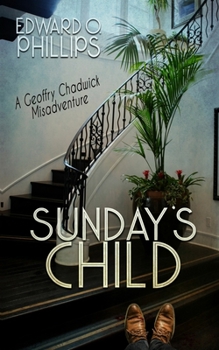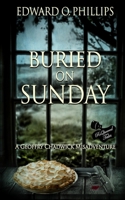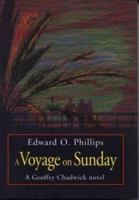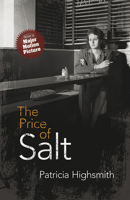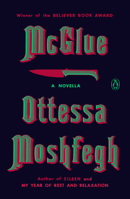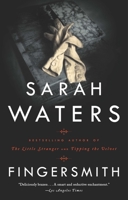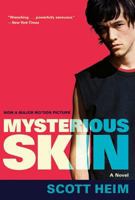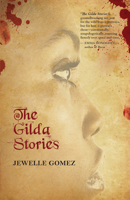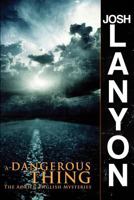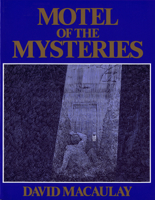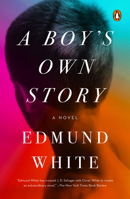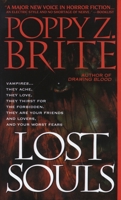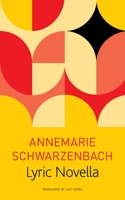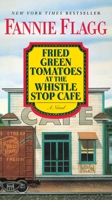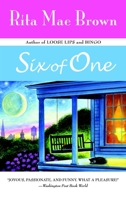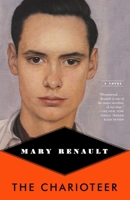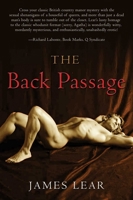Book Overview
First published in 1981, and a Books in Canada First Novel nominee, this new edition contains a foreword by Alexander Inglis.
"Edward Phillips has produced something unique in literary history - a comic thriller about gays, set in Westmount. I read it with mounting appreciation and laughter. A highly promising debut." - Robert Fulford
"A witty, wonderfully poised, poignant, self-pitiless book." - Montreal Gazette
"A masterful and original novel." - The Globe and Mail
"The feelings run deep and it speaks sensibly, amusingly, and passionately." - Marian Engel
You Might Also Enjoy
Customer Reviews
Rated 5 starsHave you ever had one of those days...
Canadian author Edward O. Phillip's "Sunday" series, featuring 50-something gay lawyer Geoffrey Chadwick, begins with this darkly humorous suspense tale: Chadwick, alone on New Year's Eve and somewhat depressed about breaking up with his lover, picks up a young hustler and brings him home. When the man tries to rob him, Chadwick fights back, the hustler winds up dead - and Chadwick finds himself in a rather precarious situation...
0Report
Rated 4 starsSUNDAY'S CHILD
SINCE THE OTHER REVIEW PRINTED ABOUT THIS BOOKS IS SO VERY NEGATIVE, I THOUGHT I WOULD ADD MY TWO CENTS. THIS IS REALLY A FINE NOVEL. THE QUOTES ON THE JACKET ARE TRUE: IT IS ENTERTAINING AND WELL WRITTEN. IT HAS A VERY POSITIVE GAY CHARACTER INVOLVED IN A VERY UNUSUAL SITUATION -- DISPOSING OF THE REMAINS OF A BLACKMAILING STREET HUSTLER HE'S KILLED AND DISMEMBERED. HE'S POSITIVE BECAUSE HE SHOWS STRENGTH IN ADVERSITY,...
0Report










